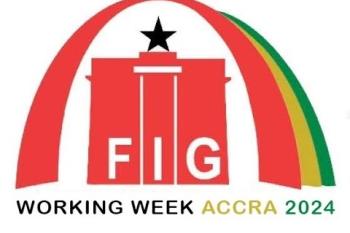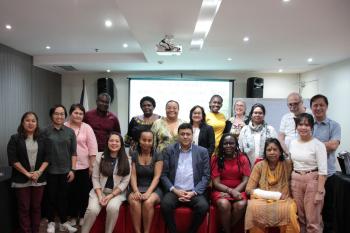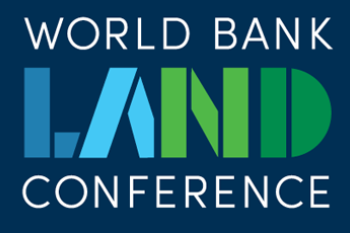
LANDac Annual International Conference 2022: Call for sessions
Deadline: 11th of February 2022
The LANDac Annual International Conference offers a podium for knowledge exchange between researchers, practitioners and private sector representatives working on land governance for equitable and sustainable development. Anticipating that restrictions for travel and large-scale events will still be in place, the LANDac Annual International Conference 2022 will be held in a hybrid format. This year’s conference ‘Governing land for the future - what (r)evolutions do we need?’ focuses on the future of land governance. The following thematic streams for panel proposals are suggested (not exclusive):- Ethics, due diligence, and responsible investment: What lessons can be drawn from a decade of attempts to regulate land-based investment? What track records do we find in different contexts, rural or urban, conflict- or disaster-affected? What is the scope for “responsible” investment in an unequal world?
- Consultation, participation, and how to make it real: We have seen too many instances where consultation is a mere ritual and participation just instrumental. What is there to learn about places where things went right? What promises do emancipatory approaches hold?
- Protecting the land rights of the poor: The past decade has seen an upsurge in land registration and formalisation projects (many of them using “pro-poor” approaches). What evidence do we have that these interventions provide the desired protection against encroachment and land grabbing (big or small)? What have we learnt about the challenges and risks involved? How do on the ground initiatives relate to (changes in) land laws?
- Advocacy and shrinking civic space: Civil society organizations in defence of land rights and the environment are increasingly under pressure. Civic space in many countries is shrinking, authoritarian regimes undo earlier forms of protection, and violence (sometimes lethal) against activists continues to rise. Do we understand enough of how this works? Do we have any answers?
- Climate justice: It is now evident that the climate agenda implies additional pressures on resources and space on a global scale. In view not only of climate change, but also of mitigation measures and the energy transition: How can we deal with climate change in a just way?


